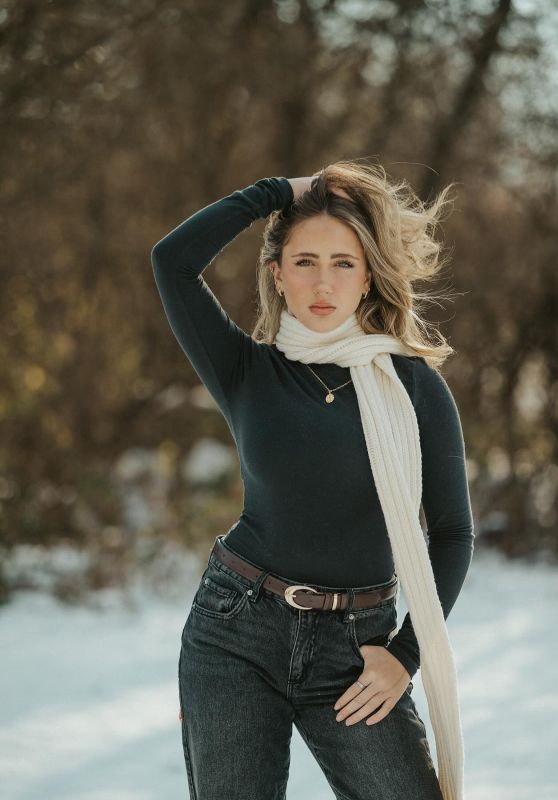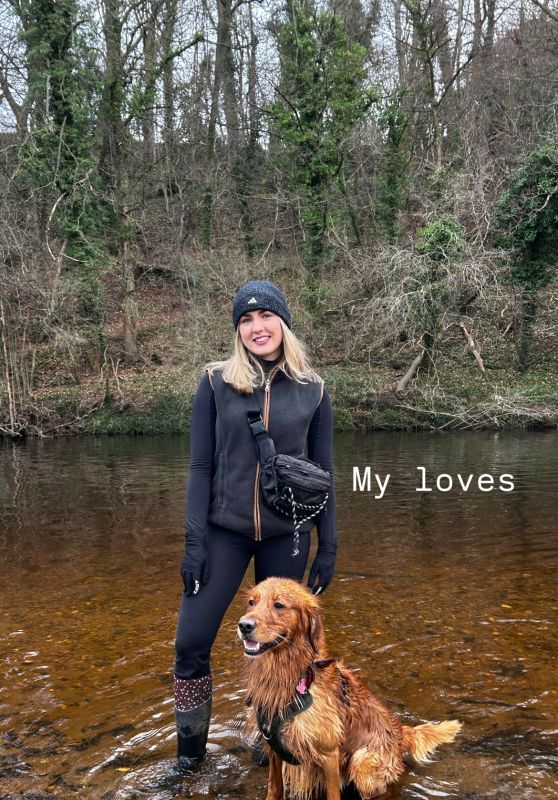Charlotte Moore has been overseeing content at Britain’s broadcaster of record since 2020. While this year has had its challenges — former star presenter Huw Edwards resigned from the BBC in April after being charged with making indecent images of children, and the celebrity dance show Strictly Come Dancing faced complaints about on-set bullying — Moore can still point to several critical and commercial successes.
These include the reboot of the ’90s action game show Gladiators and the return of the Liverpool cop saga The Responder, starring Martin Freeman and Adelayo Adedayo. Regarding the transition from broadcast to streaming, the BBC has excelled. Says Moore: “I’m really proud of our BBC iPlayer success story; it’s now the fastest-growing VOD platform in the U.K.”
Named one of The Hollywood Reporter’s 2024 Most Powerful Women in International TV, Moore talked to THR about the BBC’s efforts to improve diversity in front and behind the camera, her advice for young women entering the industry and what shows she watches for pure pleasure.
What was your first job in the business?
I worked as a personal assistant to the boss of an independent production company in Bristol. I did everything from painting the office to sorting out receipts, checking facts for proposals and typing letters. It was a great way to learn about the business and within a few months when the company got a commission I found myself out on location working on a show and seeing how programs are made.
What do you see as your biggest achievement of the past year?
I’m really proud of our BBC iPlayer success story — it’s now the fastest-growing VOD platform in the UK. BBC iPlayer has recorded remarkable year-on-year growth and is outstripping all its competitors across all audiences — powered by creativity and storytelling from across the UK. The truly distinctive British service continues to break records — up over 20 percent this year so far. BBC iPlayer’s viewing growth is twice that of Netflix, three times ITVX and four times that of Channel 4. This is a success story for UK creativity because as the biggest investor in UK producers, talent and skills the value from our spend is retained in the UK and benefits the long-term sustainability of our world-class sector.
What needs to be done to improve equality and diversity within the industry?
I think it’s more important than ever in this fragmented world that we foster a genuinely inclusive industry. It’s imperative we get this right so that we can continue to be relevant to our audiences, representing and serving everyone, no matter who they are. And the only way to achieve that is through much greater collaboration so that we are not competing with each other or scoring points but genuinely working together to improve and deliver lasting change. That’s why TAP [The TV Access Project, which is an alliance of 10 UK broadcasters and streamers working together to ensure inclusion and access for disabled talent on and off-screen] has been so instrumental as a blueprint for how to transform the experience of working in this industry for all deaf, disabled and neurodivergent people.
What current industry trend do you hope to soon see the back of?
Obsession with programs being judged on overnight ratings. They really are a thing of the past in an on-demand world.
What advice would you give young women just entering the industry?
Be yourself, never lose a sense of curiosity and interest in the world, be passionate and make connections — reach out to people and find mentors, you’ll be surprised at how many women want to support people coming through.
What do you watch for pleasure?
Classic comedy with my daughter — whether that’s Miranda or Gavin & Stacey or Curb your Enthusiasm.




















 English (US) ·
English (US) ·